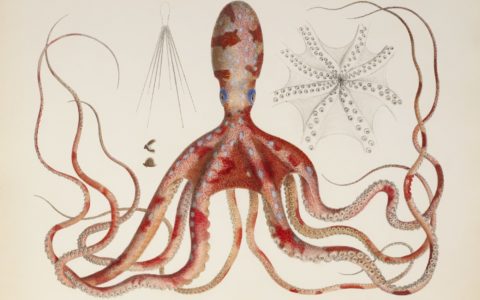About Us
Our vision is a world where nature is understood, valued and protected
The Linnean Society was founded in 1788, and is the oldest learned society devoted to the science of natural history. We are a not-for-profit organisation focusing on delivering our charitable objectives of science, heritage and education through our activities, events and publications.
Our collections and programmes bring the current challenges of the natural world, such as biodiversity loss and climate change, to people of all ages and backgrounds.
The Society works closely with schools, bringing science to young people in new, accessible ways, particularly with urban students who lack exposure to STEM subjects and nature. Our Arts Council England (ACE) Designated collections—and especially those of the Swedish naturalist Carl Linnaeus—underpin the science of classifying and naming the world around us, and are supported by our unique archives and library.
Darwin and Wallace published their original paper on evolution in one of our journals, and novel research of biological significance continues to be published in our journals to this day. Our global membership is open to all those passionate about the natural world, from academics to enthusiasts.
Members come from all walks of life and include anyone passionate about the natural world. The membership is international, and includes world leaders in natural history who use the Society's platforms to communicate advances in their fields. Support for those engaged in study of the natural world is given through our grant programmes, and recognition of excellence across a wide variety of fields through our medals and awards. We are committed to increasing the diversity of our membership, and to providing opportunities for those usually excluded from the study and appreciation of natural history.
Our Strategic Plan
Find out about our priorities in Our Strategic Plan for 2024-30.
Our Values
- We are a diverse community of people united by an active interest in nature, its management and conservation.
- We aim for excellence and integrity in all areas of our activity.
- We use our income and other finances to fulfil our charitable function and declared mission.
- We promote our science to all sectors of society.
- We value diversity and seek to broaden the inclusion of groups currently under-represented in natural history.
- We are an expert voice concerning relevant major issues and challenges of our time.
